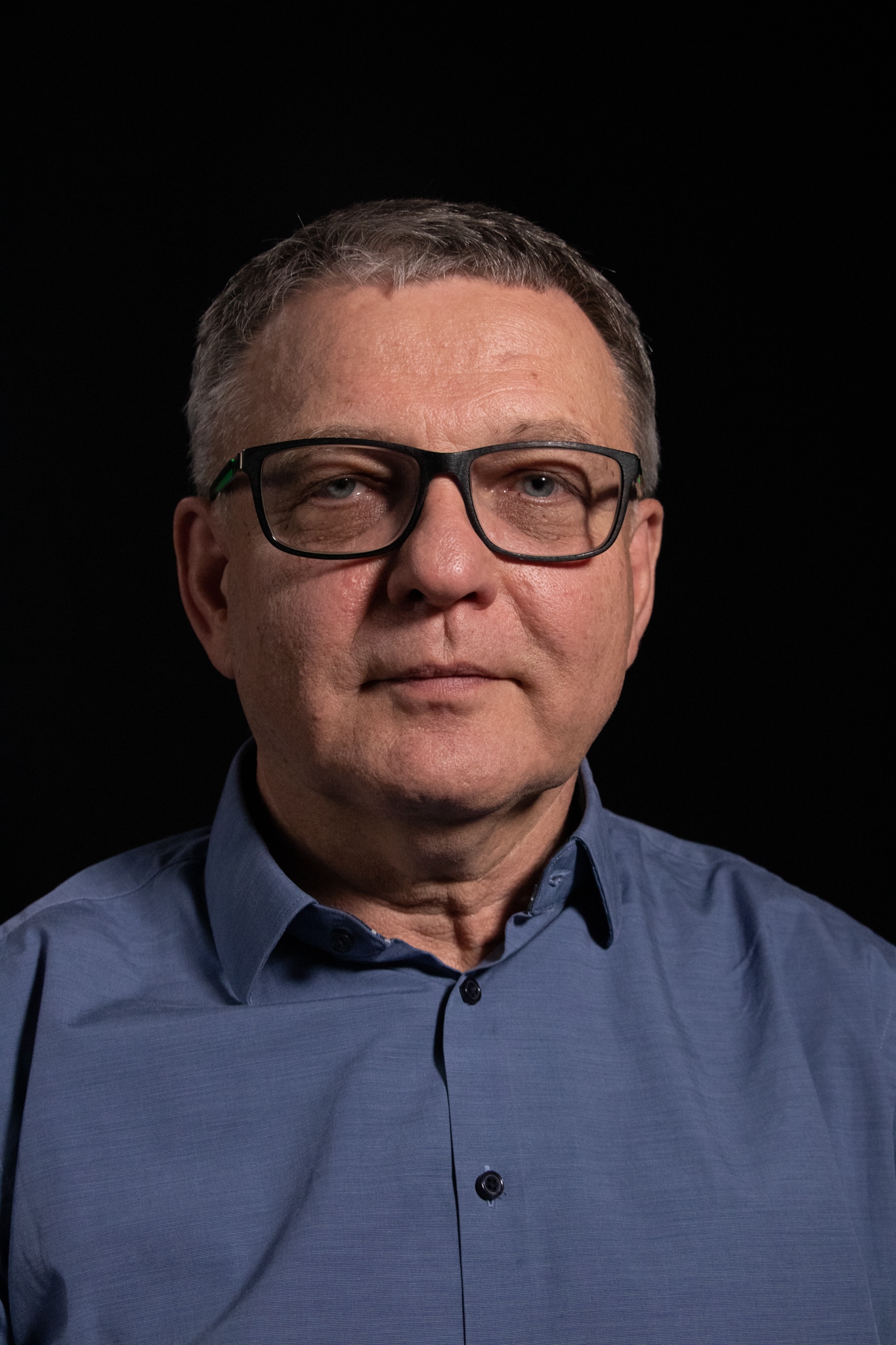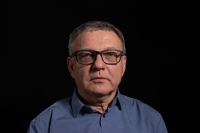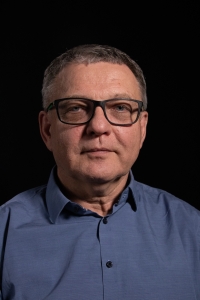"In the large enterprises in Ostrava, in Vítkovice and Nová Huť, there was a threat of secondary insolvency. At that time I communicated with everyone in the region, including the director Hromek from Vítkovice and the director Velkoborský from Nová Hut. And they described the situation to me. So Mayor Smejkal and I got into the car and went to the Ministry of Industry in Prague, because the situation was serious and the directors warned us that there was a risk of disaster. We arrived at the secretariat of the Ministry of Industry, the head of the cabinet was there, and we told him that the situation in Ostrava was serious and that we needed to negotiate with the minister immediately because something might happen that would cause social tension and so on. And then the head of the cabinet said to us, 'Are you from Ostrava? Look, you are from that Ostrava, you always thought that you would come to Prague, bang on the table and everything would happen your way. Remember, times have changed. You have fallen out of good graces and you need to realize that.' This welcome in Prague made me very angry. I told him at the time that I was very sorry if he didn't understand that the problem of Ostrava was their problem and that it was the problem of the whole country. For me it was that I lived in Ostrava, where these people were a bit like my brother. I knew that they wanted to work. It wasn't their fault that they had become the stupid iron heart of the republic, as they used to say under socialism, that now everybody looked at them as some kind of the posthumous children of communism and socialism, that they were the ones who even had television back in the fifties and so on. To me, all this seemed completely inaccurate. To me they were very hard working people. Yes, in some ways one could say that all that communist basic manufacturing, iron and so on, was the misfortune of the country. That's all true. But it wasn't those people's fault. They often came there from Slovakia, from different parts of the country, or like my father once from Haná. They came there and worked. They weren't to blame for the way the regime was, and now someone says to them, 'You have fallen out of good graces.' I was shocked that someone didn't realize that the problem of these people was the problem of the government. A fundamental problem of the government. That these people only need a little bit and they will work. That that is something that is terribly valuable in that country. But they have to be treated decently and given a chance. But that nobody can say to them, 'You are not in good graces any more now. You are the embodiment of socialism and now you have to realize that you have fallen out of good graces.' I was very annoyed by that. It was only when this made me a social democrat that I suddenly realized that I was coming to Prague as a supplicant and that I was suddenly being treated as someone who had to pay for something. But what was I supposed to pay for? Do you understand? What was I supposed to pay for? I knew my father had good relationship with workers. He didn't like the Communists very much, of course, because they made his life a living hell, but he didn't apply it to those people. He understood that these people were just working in a way their life had brought them there, and there were many better and worse among them, but he had a pretty basic respect for them in some ways. As a Catholic, as a Christian, he had respect for human life and for human destiny. And that's something that he taught me, that was almost in the Christian sense almost a spiritual mystery to be respected. And I had that in me. And all of a sudden somebody told me that these people are actually trash or whatever and now we're going to let you know that you're not what you used to be, what kind of king you used to be. In their seemingly special former position, it was a fake too, it was other way. So I got the impression that somebody had to stand up for these people. And because I was forbidden to associate with people, maybe I was well disposed to do that because I could phrase it for those people. And that's where I suddenly saw the point of the politics in that region, that somebody had to explain in that Prague, 'This is your bloody problem. These people are either going to be a burden on the country's foot, or they're going to mean awfully lot for the country. But if they're given a chance, if they're given an opportunity.' What happened here was that a lot of people were let out of the mines and suddenly you could see that they were able to look after themselves. These were awfully resourceful people. The mines had enormous demands on them, on those who were the hard workers. They were able to set up timber companies, businesses. The country had few problems with them because they could take care of themselves like few others. Even in them and the way they were able to work, there was actually something of a huge relief that the country didn't experience any social upheaval because these people were able to work. And it was the state's job to understand that and give them a chance. And I felt that suddenly that was the point of the policy that needed to be made in the country. That's why I then joined social democracy."


